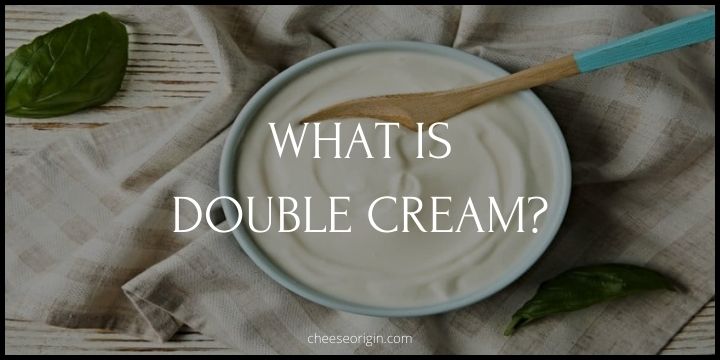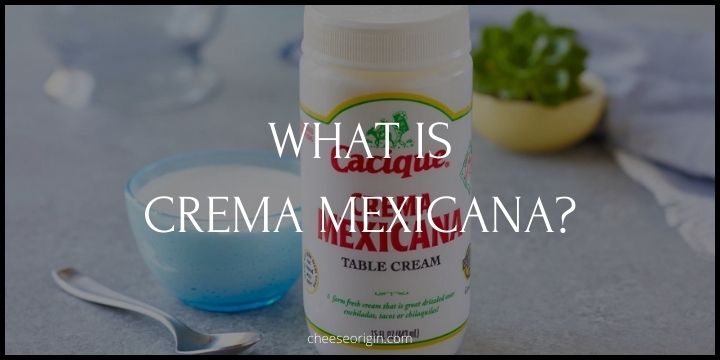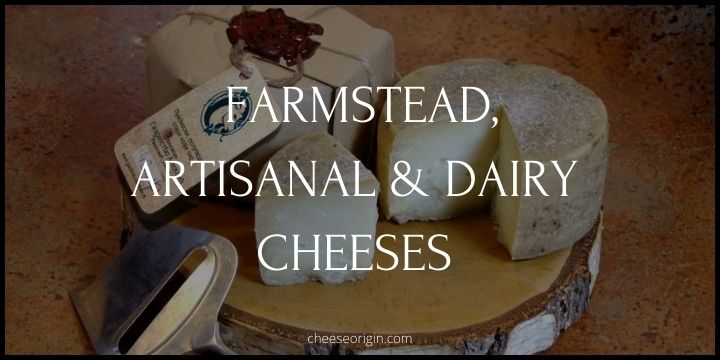Is Processed Cheese Good or Bad? Let’s Find Out!

In the realm of dairy products, few are as divisive as processed cheese. Loved by some for its smooth texture and ability to melt flawlessly, it’s also criticized by others who argue it lacks the authenticity and nutritional value of traditional cheese.
But what’s the real story? Is processed cheese a harmless convenience or a dietary faux pas?
In this post, we will delve deep into the world of processed cheese, examining its production process, nutritional content, and how it stacks up against its unprocessed counterparts.
What is the Difference Between Processed Cheese and Regular Cheese?
| Factors | Processed Cheese | Regular Cheese |
|---|---|---|
| Production Process | Processed cheese is typically made from natural cheeses of varying types, which are heated into a molten mass. Non-cheese ingredients such as salt and preservatives are added. | Regular cheese is made directly from milk, without the addition of other types of cheese or non-cheese ingredients. |
| Flavor | Processed cheese has a consistent flavor, but it lacks the depth of flavor found in real cheese. | Regular cheese has a more authentic, richer flavor compared to processed cheese. |
| Texture | Known for its smooth texture and ability to melt flawlessly. | While regular cheese can also melt, it may not do so as smoothly or consistently as processed cheese. |
| Nutritional Content | Processed cheese often contains preservatives and may have a higher salt content than natural cheese. | Regular cheese is generally more nutrient-dense and contains fewer additives. |
| Shelf Life | The addition of preservatives gives processed cheese a longer shelf-life than natural cheese. | Regular cheese typically has a shorter shelf life due to the lack of preservatives. |
| Cost | Generally, processed cheese is cheaper due to the use of cheaper ingredients and longer shelf life. | Regular cheese tends to be more expensive, reflecting the higher quality of ingredients used. |
| Usage | Processed cheese is often used in dishes that require melted cheese, like grilled cheese sandwiches, because of its “melt factor”. | Regular cheese is versatile and can be used in a variety of dishes, from gourmet meals to simple snacks. |
Processed cheese:
Processed cheese and regular, or natural, cheese have several key differences in their composition, production process, and characteristics.
Processed cheese is not 100% cheese, often containing around 50% cheese along with other non-cheese ingredients.
It is made from natural cheeses of varying sharpness, which are shredded and heated into a molten mass.
The addition of salt and preservatives gives processed cheese a longer shelf-life than natural cheese. It is often favored for its convenience and consistent flavor, despite lacking the depth of flavor found in real cheese.
Regular Cheese:
On the other hand, natural cheese is made directly from milk, without the addition of other types of cheese or non-cheese ingredients. This results in a product that is 100% cheese.
Natural cheese tends to have a more authentic, richer flavor compared to processed cheese. However, it may not melt as smoothly or consistently as processed cheese.
While processed cheese offers convenience and consistency, it lacks the purity and depth of flavor found in natural cheese.
Is Processed Cheese Good or Bad?
What is Processed Cheese?
Processed cheese is made by blending natural cheeses with emulsifiers, preservatives, and various types of flavoring and coloring agents.
The resulting product is a uniform, melt-friendly cheese that offers convenience and consistency.
The Good:
- Taste and Texture: Processed cheese has a smooth texture and a consistent, mild flavor that many people find appealing.
- Meltability: It melts seamlessly, making it a popular choice for dishes like grilled cheese sandwiches and macaroni and cheese.
- Shelf Life: Thanks to the addition of preservatives, processed cheese has a longer shelf life than natural cheese.
- Cost: It’s often less expensive than natural cheese, making it a budget-friendly option.
The Bad:
- Nutrient Content: Processed cheese typically contains fewer nutrients than natural cheese. It’s often higher in sodium and may contain added sugars.
- Additives: It also contains artificial ingredients and preservatives, which some people prefer to avoid.
- Flavor: While some enjoy its mild flavor, others find processed cheese to lack the depth and complexity of natural cheese.
Whether processed cheese is good or bad largely depends on your individual dietary needs and preferences.
Like all foods, it can be part of a balanced diet when consumed in moderation.
If you’re concerned about sodium intake, nutrient content, or artificial additives, natural cheese may be a better choice. As always, it’s best to consult with a healthcare provider or a nutritionist for personalized advice.
Which Processed Cheese is Healthy?
1. Horizon Organic American Slices
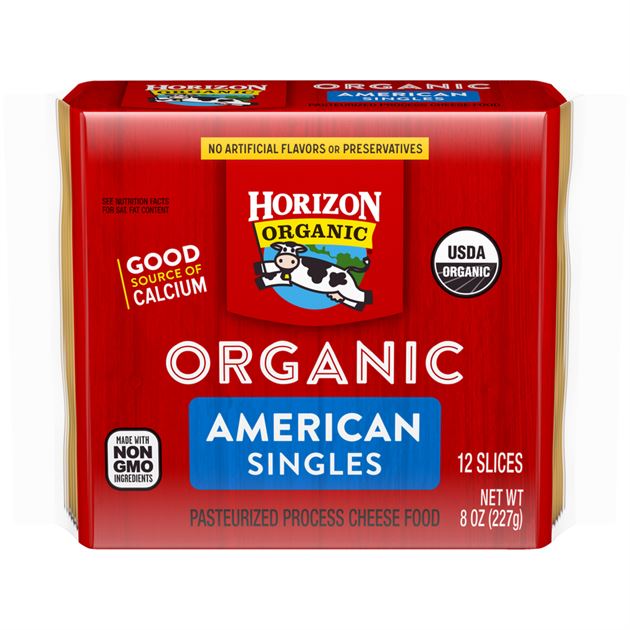
One of the healthiest options for cheese singles, Horizon Organic American Slices are a great choice. This organic option offers a balance between taste and nutrition.
2. Sargento Provolone
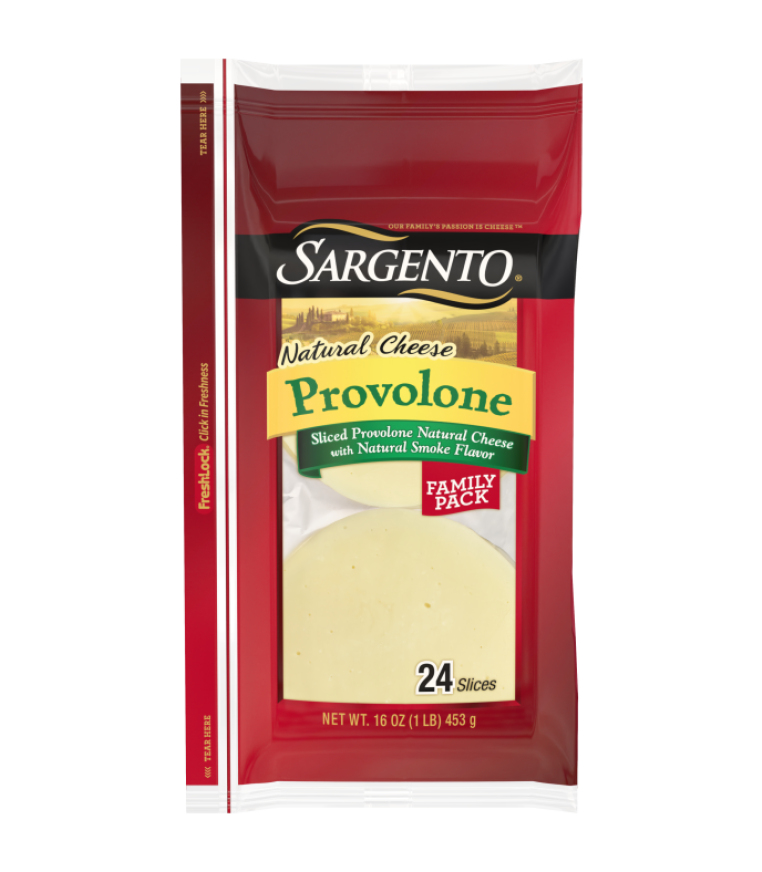
Provolone cheese, like the one offered by Sargento, is another healthy pick. Provolone cheese is known for its nutritional content, including a good amount of protein.
3. Applegate Naturals American-Style Colby
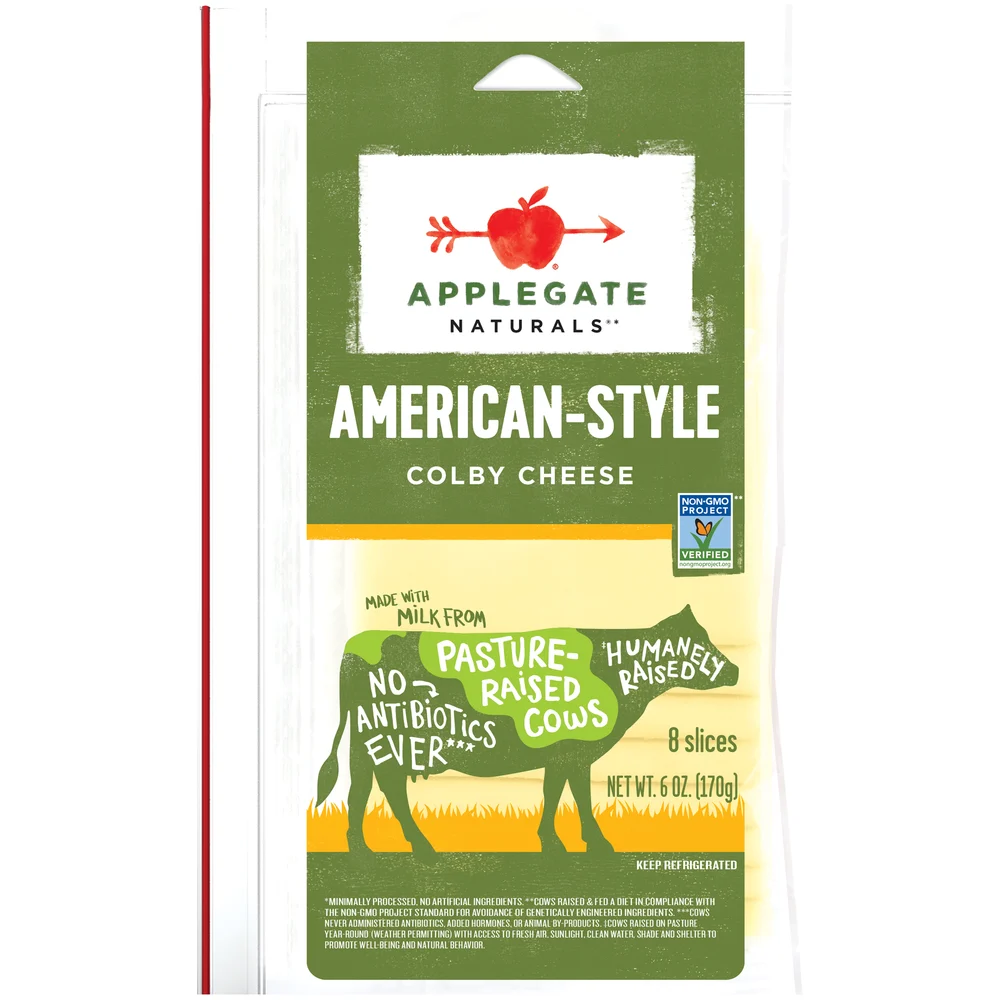
This variety of cheese singles from Applegate Naturals provides a healthier alternative to traditional processed cheese. The brand prides itself on using natural ingredients, which can make this a better choice for those seeking healthier options.
4. Grated Parmesan
[amazon box=”B074H5SRZX”]
Parmesan cheese, especially when grated, is also a healthier option among processed cheeses. It’s typically lower in calories and has less sodium than most other processed cheeses.
What Makes a Cheese Healthy?
Cheese can be a healthy food choice, offering essential nutrients like protein and calcium.
However, processed varieties, can be high in sodium and fat. When choosing a cheese, look for options that are lower in sodium and fat, and higher in protein and calcium.
While natural cheese is often healthier than processed cheese due to the absence of food coloring and artificial ingredients, there are still healthier processed cheese options available for those who prefer their convenience and meltability.
While processed cheese often gets a bad rap, there are healthier options available. As always, moderation is key, and it’s best to incorporate these cheeses into a balanced diet.
Should I Avoid Processed Cheese? A Balanced Perspective
The Case Against Processed Cheese
Several factors have led to the suggestion that processed cheese should be avoided:
- Nutritional Content: Processed cheese typically contains fewer nutrients compared to natural cheese. It’s often higher in sodium and may contain added sugars.
- Additives: The presence of artificial ingredients and preservatives is a concern for those who prefer to avoid such additives in their diet.
- Health Risks: High sodium content can contribute to high blood pressure, while high saturated fat content can contribute to heart disease. Additionally, studies suggest that highly processed foods might trigger food addiction and overeating.
A Balanced Approach
Despite these concerns, it’s not necessary to completely eliminate processed cheese from your diet. Moderation is key. Here are a few tips:
- Limit Consumption: Enjoy processed cheese occasionally rather than making it a daily staple in your diet.
- Choose Healthier Options: When possible, opt for natural cheeses, which are typically more nutrient-dense and contain fewer additives.
- Read Labels: Pay attention to serving sizes, sodium content, and other nutritional information on the packaging.
Frequently Asked Questions
1. Is Kraft processed cheese bad for you?
Kraft processed cheese, such as their popular Singles, has been a subject of debate in terms of health implications. While it does offer some nutritional benefits – including added calcium and vitamin A – it’s important to note that it is a processed product.
The primary health concerns with consuming Kraft processed cheese are its high levels of sodium and saturated fat.
Overconsumption of such nutrients can contribute to common health conditions like high blood pressure, kidney disease, and heart disease.
Nevertheless, like many foods, consumption in moderation is key.
As Culinary Lore notes, American cheese like Kraft Singles isn’t necessarily bad for you when consumed in moderation.
So while Kraft processed cheese may not be considered a health food, it doesn’t have to be entirely off-limits if balanced with a diet rich in whole, nutrient-dense foods.
2. Is mozzarella a processed cheese?
Mozzarella cheese can be considered a processed food since all cheese undergoes some level of processing from its original state as milk.
There are two main types of mozzarella: fresh and processed:
| Fresh Mozzarella | Processed Mozzarella Cheese (PMC) | |
|---|---|---|
| Origins | Traditional Italian cheese, typically made from buffalo or cow milk. | Further processed version of mozzarella cheese. |
| Texture | Semi-soft. | Altered texture to improve shreddability and meltability. |
| Flavor | Mild. | Flavor can vary based on the level of processing. |
| Shelf Life | Highly perishable. | Extended shelf life due to further processing. |
| Usage | Often used in salads, pizza toppings and other dishes where a fresh, mild flavor is desired. | Frequently used in cooking, particularly where melting is required. |
| Nutritional Benefits | Good source of protein, calcium, and phosphorus. | Also a good source of protein, calcium, and phosphorus, but nutritional content may vary based on processing methods. |
Fresh mozzarella, typically made from pasteurized buffalo or cow milk, is semi-soft and known for its mild flavor and high perishability.
On the other hand, processed mozzarella cheese (PMC) undergoes further processing to alter its texture and extend its shelf life.
PMC is often used in cooking due to its shreddability and meltability. Despite being processed, mozzarella offers nutritional benefits, serving as a good source of protein, calcium, and phosphorus, essential nutrients for optimal health.
Also read:
- The Science of Cheesemaking: A Journey from Milk to Artisanal Delight
- A Comprehensive Guide to Enjoying Cheese Platter with Wine
- What Kind of Cheese is Used on Nachos?
- What Pairs Well with Cheddar: The Ultimate Guide
- 12 Most Popular Cheeses in the World
- What Fruit Goes on a Charcuterie Board?
- Top 10 Champagne & Cheese Pairings to Try at Least Once
